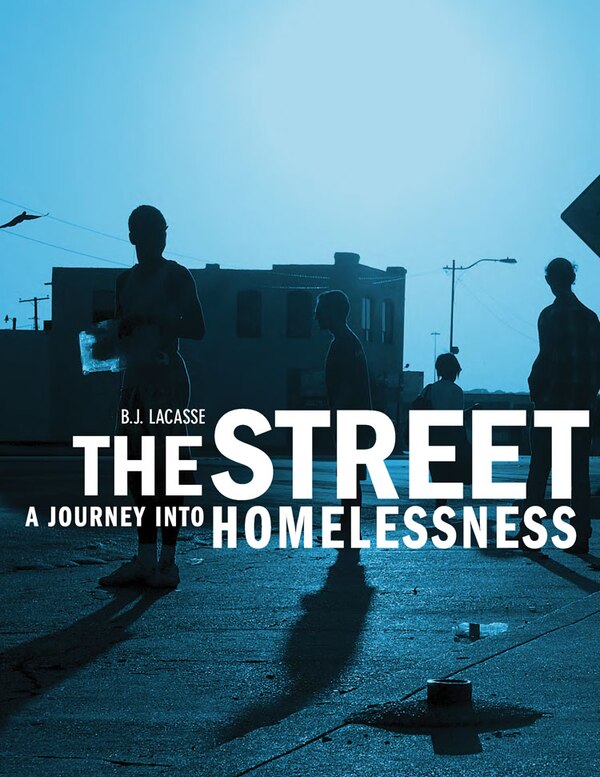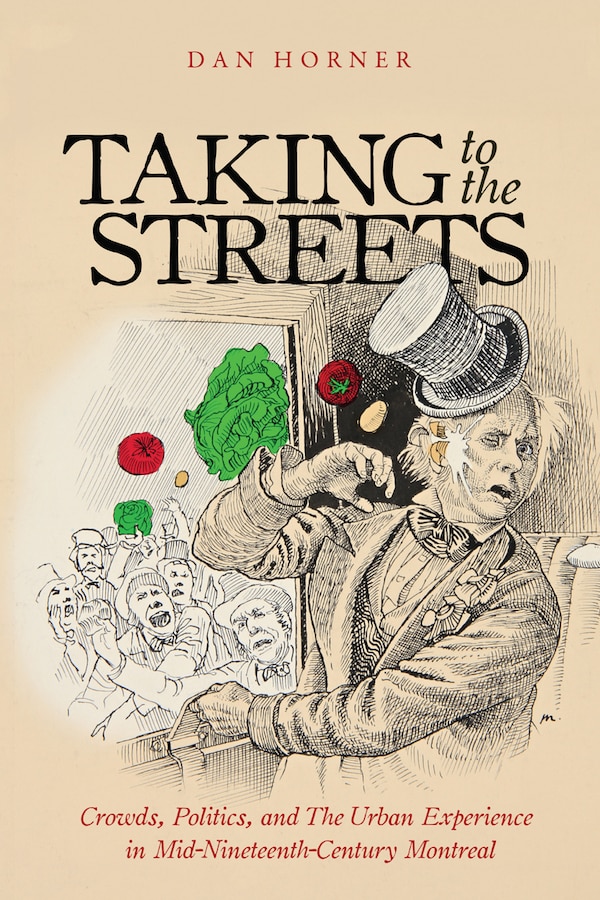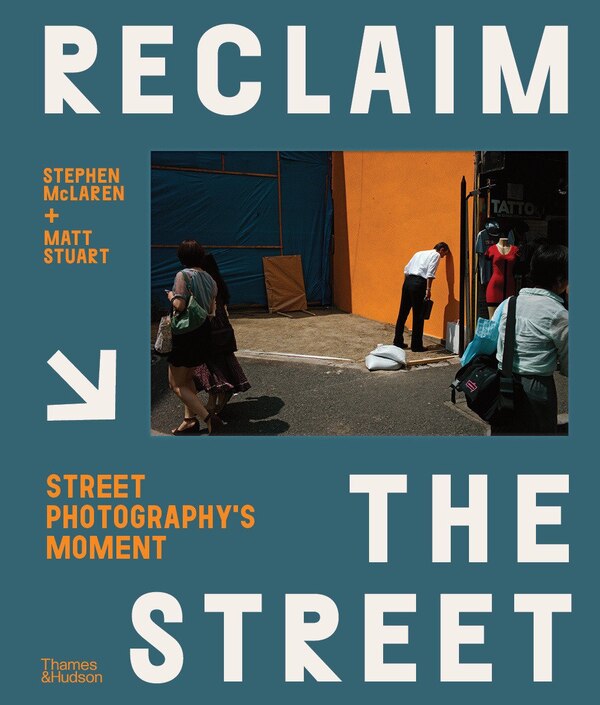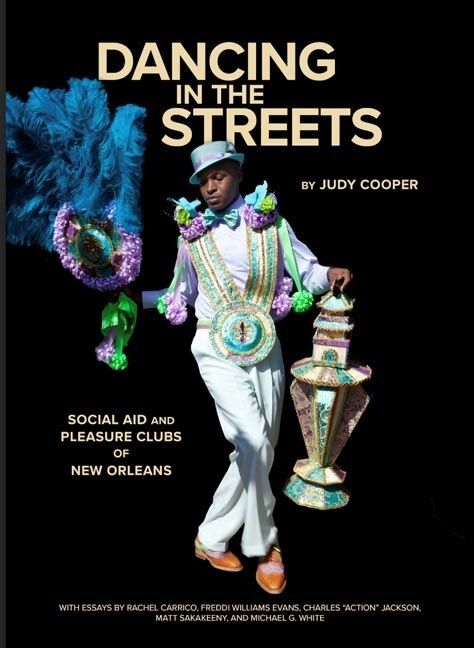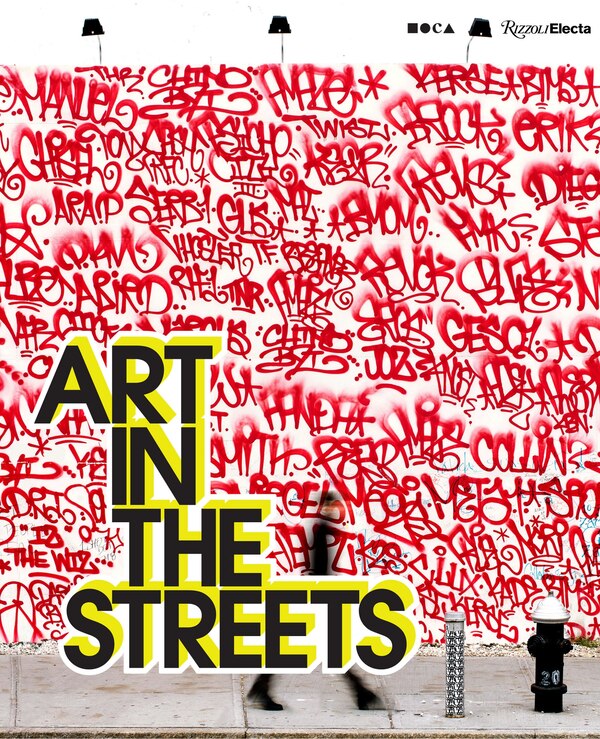Home
In The Street by Cigdem Cidam, Hardcover | Indigo Chapters
Loading Inventory...
Indigo
In The Street by Cigdem Cidam, Hardcover | Indigo Chapters
From Cigdem Cidam
Current price: $119.71
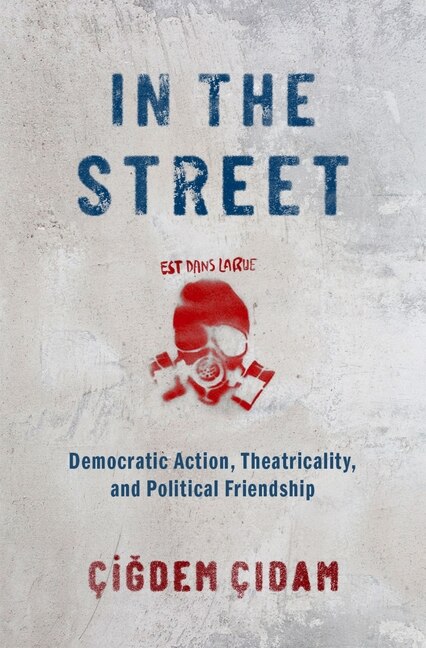

Indigo
In The Street by Cigdem Cidam, Hardcover | Indigo Chapters
From Cigdem Cidam
Current price: $119.71
Loading Inventory...
Size: 1 x 9.25 x 540
*Product information may vary - to confirm product availability, pricing, shipping and return information please contact Indigo
If there is one thing that people agree about concerning the massive, leaderless, spontaneous protests that have spread across the globe over the past decade, it's that they were failures. The protesters, many claim, simply could not organize; nor could they formulate clear demands. As aresult, they failed to bring about long-lasting change. In the Street challenges this seemingly forgone conclusion. It argues that when analyses of such events are confined to a framework of success and failure, they lose sight of the on-the-ground efforts of political actors who demonstrate, if for a fleeting moment, that another way of being togetheris possible. The conception of democratic action developed here helps us see that events like Occupy Wall Street, the Gezi uprising, or the weeks-long protests that took place all around the US after George Floyd's killing by the police are best understood as democratic enactments created in andthrough "intermediating practices," which include contestation, deliberation, judging, negotiation, artistic production, and common use. Through these intermediating practices, people become "political friends"; they act in ways other than expected of them to reach out to others unlike themselves, establish relations with strangers, and constitute a common amidst disagreements. These democratic enactments are fleeting, but what remains in their aftermath are new political actors and innovative practices. The book demonstrates that the current obsession with the "failure" of spontaneous protests is the outcome of a commonly accepted way of thinking about democratic action, which casts organization as a technical matter that precedes politics and moments of spontaneous popular action as suddenexplosions. The origins of this widely shared understanding lie in Jean-Jacques Rousseau's conception of popular sovereignty, shaped by his rejection of theatricality and idealization of immediacy. Insofar as contemporary thinkers see democratic moments as the unmediated expressions of people's willand/or instantaneous eruptions, they, like Rousseau, reduce spontaneity to immediacy and erase the rich and creative practices of political actors. In the Street counters this Rousseauian influence by appropriating Aristotle's notion of "political friendship," and developing an alternativeconceptualization of democratic action through a close reading of Antonio Negri, Jurgen Habermas, and Jacques Ranciere and the global protests of 1968 that inspired these thinkers and their work. | In The Street by Cigdem Cidam, Hardcover | Indigo Chapters

